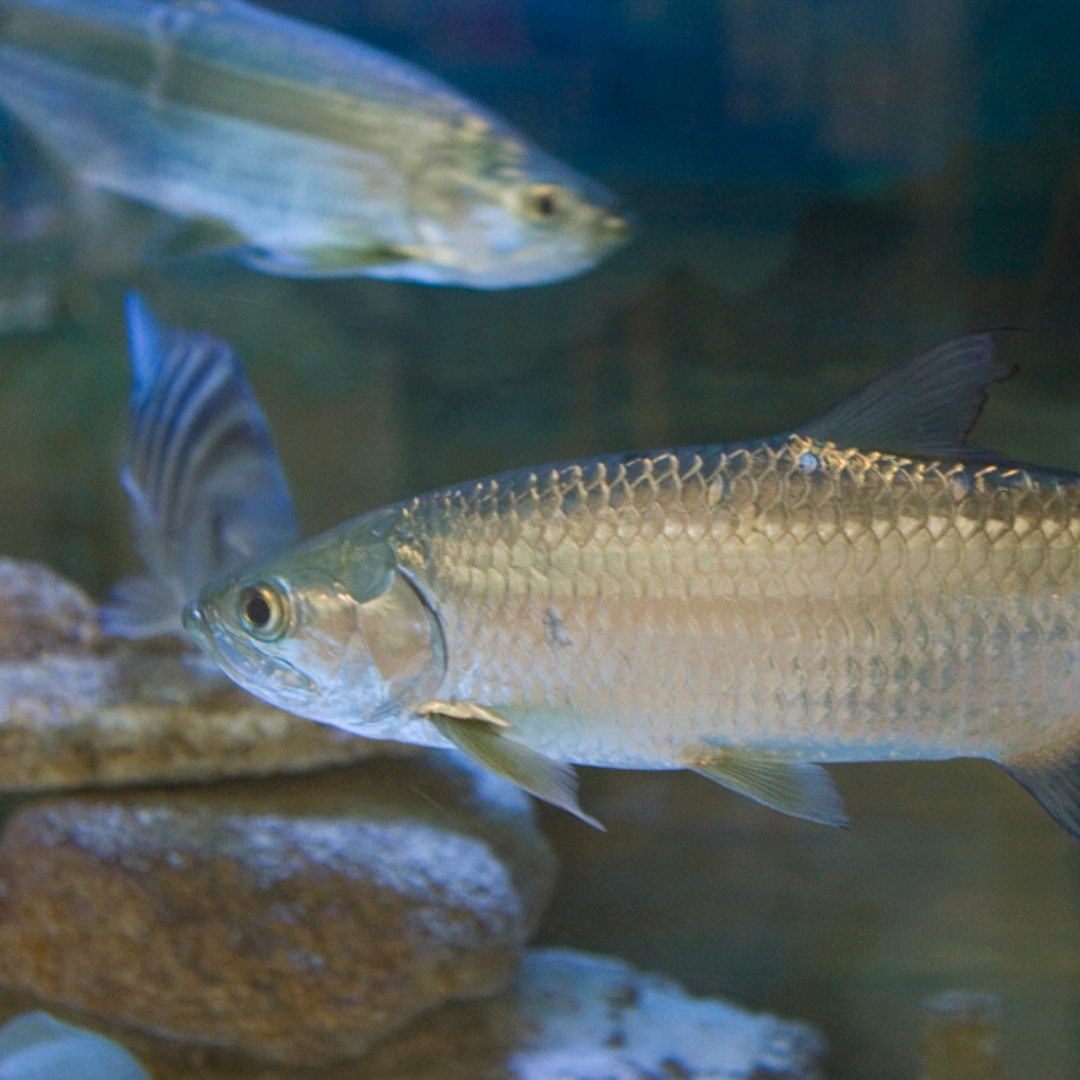Tarpon: Nine Fascinating Facts About Florida's Premier Game Fish
Tarpon, often referred to as the "silver king," are more than just a trophy catch for anglers. Delving into the depths of fossil research, we uncover their ancient lineage, swimming the oceans since prehistoric times. Here are some intriguing facts about these majestic creatures:
-
Ancient Origins: Fossil research reveals that tarpon have inhabited our oceans for millions of years, demonstrating their resilience and adaptability.
-
Impressive Size: Tarpon can grow up to a whopping 8 feet in length and weigh as much as 280 pounds, making them a formidable presence in the waters.
-
Longevity: With a lifespan exceeding 50 years, tarpon are among the longest-living fish species. The oldest known tarpon in captivity lived to the ripe age of 63 years.
-
Habitat Diversity: While primarily found in shallow coastal waters and estuaries, tarpon also inhabit open marine waters, coral reefs, and even some freshwater lakes and rivers.
-
Global Distribution: Tarpon range from Virginia to central Brazil in the western Atlantic, along the coast of Africa in the eastern Atlantic, and throughout the Gulf of Mexico and Caribbean Sea.
-
Premier Game Fish: Renowned for their strength, stamina, and fighting prowess, tarpon are prized by anglers as one of Florida's premier game fish.
-
Unique Adaptations: Tarpon have a remarkable ability to gulp air at the surface when oxygen levels are low, enabling them to survive in diverse habitats.
-
Early Development: In their larval stage, tarpon are transparent with ribbon-like bodies and prominent fanglike teeth, measuring less than an inch in length.
-
Recreational Fishing: Tarpon can only be fished recreationally in Florida, with catch and release being the norm due to their lack of food value. Anglers can possess them for trophy purposes with a special tag, priced at $50.00 per fish.
With each fact, we uncover a deeper appreciation for these magnificent creatures and the vital role they play in our coastal ecosystems. As stewards of our coastal ecosystems, it's our responsibility to ensure their continued conservation and protection for generations to come.

